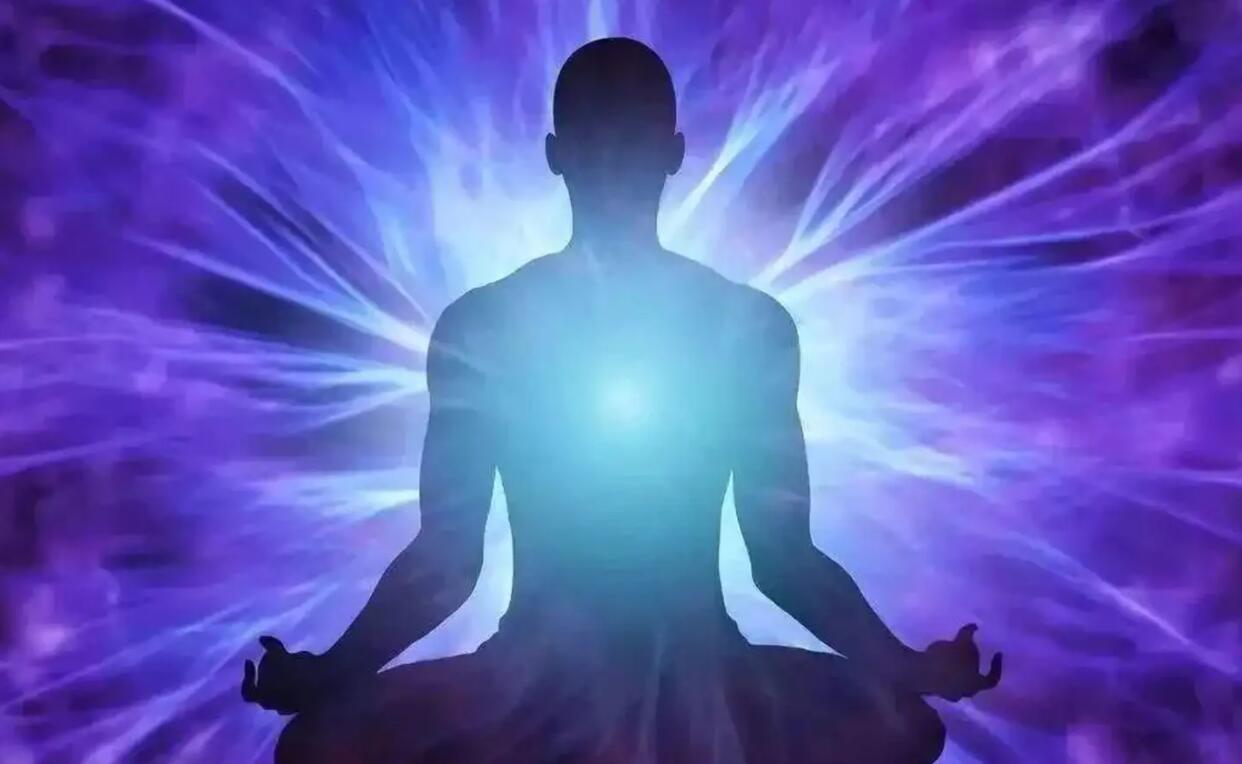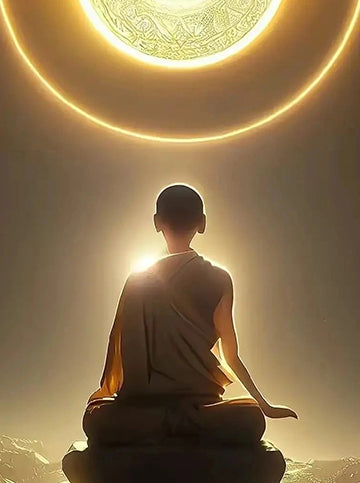What is Qi?
In its earliest contexts, Qi (pronounced "Chi") was a meteorological category composed of six phases cold, warmth, wind, rain, darkness, and light. Qi originally referred to steam or vapor, but by the time of Confucius, it indicated an animating force in the atmosphere, manifested in weather. This force was thought to actively influence the human body, showing itself in chills, fever, delusions, and sickness. The science of Feng Shui analyzed this force in the environment with the intention of controlling its manifestations in the individual. Later, when other factors such as numerology and astrology were added to the mix, Feng Shui became less a science and more an art.
The Book of Burial characterizes Qi as "life breath." While this ancient text is an accurate description, Qi is much more significant than this phrase indicates. Qi is energy. It is the driving life-force and moral fiber of human beings. A person of great will or charisma has strong Qi. It is the sign of artful skill, in writing, painting, calligraphy. Or, if a person is unwell, his Qi is considered weak. The Taoists claim that each person possesses three treasures: Jing-hormones, blood and other biochemical components of the body; Qi-breath, energy and life-force; and Shen-intellect and spirit.
But Qi does not only flow through our bodies; it flows through our cosmos and our Earth. It is the invisible force of all animate things, the quality of environments, the power of the sun, the moon and weather systems.
The purpose of Feng Shui is to create environments in which Qi flows smoothly. Where beneficial Qi (Sheng Qi) meanders gently along curved lines through the interiors of a home, the occupants will feel positive, nurtured, energized. The occupants of a home filled with negative Qi (Shar Qi) will find the environment oppressive, stagnant, stale. Unlike Sheng Qi, Shar Qi strikes quickly, in straight lines; if Qi flows too quickly, a strong, forceful energy called a "poison arrow" is created, producing a feeling of disharmony where it hits the house or room.
Poison arrows can be created by sharp angles from neighboring buildings and telephone poles, by other straight lines, such as roads or driveways leading to your front door, or by long corridors in the house. The flow of Qi is also affected by the shape of the house, the shape of the block of land and the environment around it.
The purpose of Feng Shui is to create environments in which Qi flows freely. Where beneficial Qi (Sheng Qi) meanders gently along curved lines through the interiors of a home, the occupants will feel positive, nurtured, and energized.
The aim of Feng Shui is to maintain harmony and balance between heaven, earth and human Qi. In heaven, there is tien Qi (tian chi) or heaven Qi; on earth there is di Qi (te chi) or earth Qi; and within each of us there is ren Qi (ren chi) or human Qi. Heaven Qi is comprised of forces which heavenly bodies exert on Earth such as heat, rain, and drought Earth Qi is affected by heaven Qi - too much rain causes flooding, too little will cause plants to die. Within the earth Qi, each person has his or her own individual Qi.
Qi not only flows through our bodies; it flows through our cosmos and our Earth as well. It is the invisible force of all animate things, the quality of environments, the power of the sun, the moon and weather systems.

